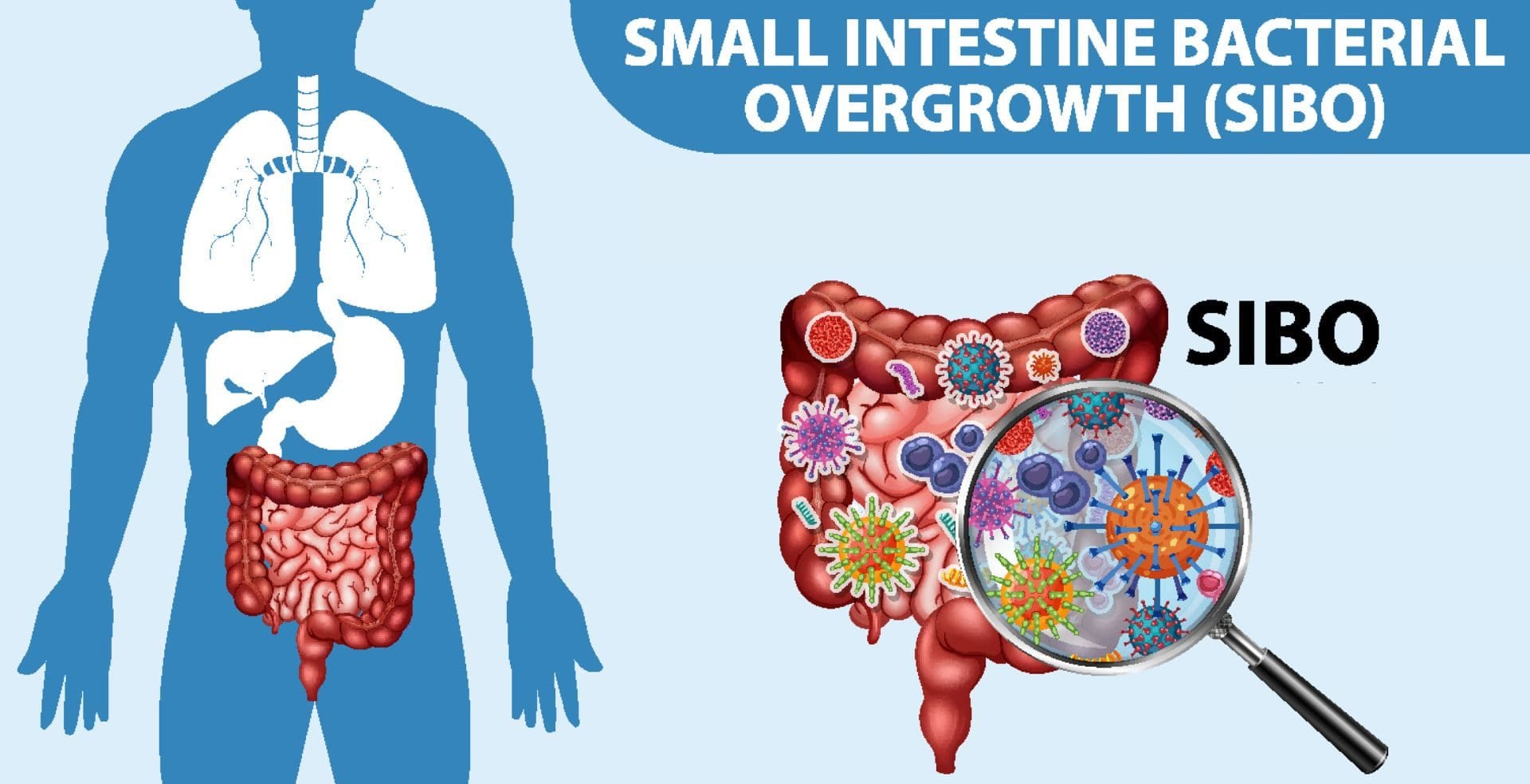Stomach acid is good for you
By naturopath Margaret Jasinska
When they think of stomach acid, most people consider it to be something bad; something that can cause heartburn and that should be reduced. This is not actually true. Good, high levels of stomach acid are critical for optimum health. If you suffer with an inflammatory condition, autoimmune disease or allergies, it is quite likely your stomach doesn’t produce enough acid. Increasing it should help to improve your health.
Firstly though, before we even get to the stomach, we must mention that digestion begins in your mouth. How well and how thoroughly you chew your food will have an enormous impact on how well you extract the nutrients from your meal, and whether or not you’ll be promoting the overgrowth of bad bugs in your intestines. If you end up with undigested food in your small intestine, you’re providing food for bacteria and yeast and leaving yourself wide open to developing an overgrowth or the wrong types of bacteria in your gut. This can be a direct cause of leaky gut syndrome and nutrient deficiencies.
Once you’ve swallowed your food, it makes its way into your stomach. The cells of your stomach produce hydrochloric acid and the digestive enzyme called pepsin. Stomach acid and the enzyme pepsin are especially important for breaking down protein into its building blocks, called amino acids. It is also necessary for mineral absorption. Your stomach cells produce a type of molecule called intrinsic factor, which is critical for vitamin B12 absorption lower down in your small intestine. People with digestive problems or autoimmune disease are often low in vitamin B12.
When the acidic contents of your stomach make their way into the first part of your small intestine (called the duodenum), the acidity sends signals to your pancreas, for it to release digestive enzymes. Signals are also sent to your gallbladder, triggering it to release bile into your small intestine. The presence of fat in your small intestine also acts as a trigger for bile release.
So you can see that if your stomach is not producing optimal levels of acid, it creates problems further down your digestive tract, as your pancreas and gallbladder will then not function optimally. If you do not break down the protein you’ve eaten into its building blocks, you may absorb large protein molecules into your bloodstream. This is not supposed to happen, but it does in people with low stomach acid and digestive enzyme deficiencies. The large protein fragments are recognised by your immune system as foreign molecules, and you’re then at high risk of developing a food allergy or intolerance. Low stomach acid is very common in people with allergic conditions such as eczema, asthma, hay fever and sinusitis. If these allergies are allowed to persist for years, it raises the risk of autoimmune disease later in life.
An inability to digest protein properly due to low stomach acid can also lead to amino acid deficiencies. Amino acids are necessary for neurotransmitter (brain chemical) production. Impaired neurotransmitter production can lead to depression, anxiety or insomnia.
Stomach acid is also a brilliant disinfectant; it helps to prevent the overgrowth of bacteria and fungus inside the stomach, and also further down in the small intestine. Producing adequate stomach acid also helps to protect you against food poisoning and gastroenteritis.
Symptoms of inadequate stomach acid
- Abdominal bloating
- Flatulence
- Burping
- Eczema
- Heartburn and/or reflux
- Weak, splitting finger nails or vertical ridges on the nails
- Weak, splitting hair and lacklustre hair
- Vitamin B12 and/or iron deficiency
- Food allergies
- Gallbladder problems
- Irritable bowel syndrome
- Helicobacter pylori infection. This bug suppresses your ability to manufacture hydrochloric acid, in an attempt to survive inside your stomach
- Bad breath
- After age 50 stomach acid production sharply declines
- Antacids and medication for reflux and heartburn suppress stomach acid production, and this has terrible consequences for digestion and overall immune health.
Most people think that heartburn and reflux are caused by too much stomach acid, but the reverse is true in the vast majority of cases. Most people with heartburn or reflux suffer with food intolerance because they haven’t been digesting their food well for many years. Most people with these conditions also suffer with Small Intestinal Bacterial Overgrowth (SIBO). An impaired ability to digest fermentable carbohydrates (FODMAPs) can create overgrowth of bacteria in the small intestine. The bacteria produce high levels of hydrogen gas. Hydrogen gas is actually a preferred fuel source for Helicobacter pylori. The excess gas also raises the pressure inside the stomach and puts pressure on the lower oesophageal valve. This raises the risk of heartburn or reflux.
High levels of hydrogen gas in the intestines is also associated with infection with harmful bacteria such as Salmonella, E. coli and Campylobacter jejuni. These nasties are the leading cause of bacterial diarrhoea. Foods high in certain types of fibre and starch, (such as FODMAPs) promote increased hydrogen production in people with SIBO. So does wheat. Therefore all those foods raise the risk of Helicobacter pylori infection in susceptible individuals.


Potential causes of low stomach acid
- Stress or anxiety. Your digestive system doesn’t function well if you eat while upset
- Being over 50 years of age
- Acid suppressing medication typically given for heartburn or reflux or a peptic ulcer
- Nutrient deficiencies, particularly B vitamins and zinc
- Digestive diseases such as coeliac disease or inflammatory bowel disease
- Infection with harmful bacteria or parasites
BactoClear capsules contain the essential oils of thyme, oregano and clove, plus the berberine-rich herb Phellodendron. These herbs have powerful antimicrobial properties in the small intestine. This is a very useful formula for anyone suffering with indigestion or bloating.
How to increase stomach acid and improve digestion
- If you are taking an antacid or other medication to block stomach acid, you may want to find a doctor or naturopath who can help you uncover food sensitivities or digestive problems that are causing you to suffer with reflux or heartburn.
- Try not to drink a lot of fluid with your meals because it dilutes digestive enzymes. Drink water and other beverages between meals.
- Try to eat in a calm and relaxed manner, and chew your food thoroughly.
- Find out if you have SIBO and take steps to treat it.
- Apple cider vinegar is brilliant for increasing stomach acid. Place 2 tablespoons of apple cider vinegar in ¼ mug of warm water and sip it 10 minutes before meals. If the vinegar feels uncomfortable going down, or burns you, drink it immediately before eating.
- Use lemon or lime juice as a dressing on your salads, along with a healthy oil such as olive oil, macadamia nut oil, avocado oil or coconut oil.
If these remedies aren’t sufficiently helping, you may benefit from a consultation with a naturopath. You can email Margaret on margaretj@www.cabothealth.com.au
For more information on improving your digestion, see our book Healing Autoimmune Disease: A plan to help your immune system and reduce inflammation.









Leave A Comment